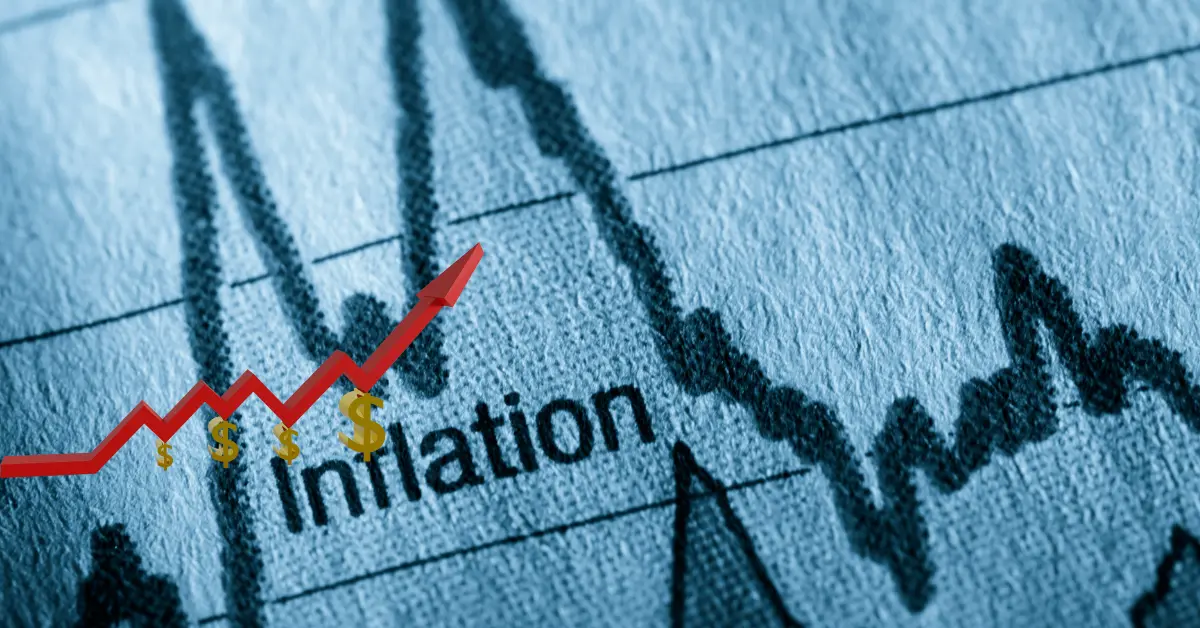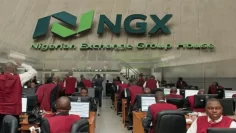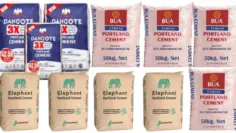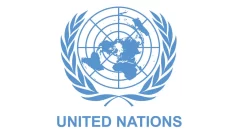
Nigeria’s Inflation Rate Increased by 0.9% in November to 28.2% – NBS
NIGERIA, Dec. 18 – The annual inflation rate of Nigeria has risen for the 11th consecutive months in a row, taking the value from 27.3% the previous month to 28.2% in November, this is according to the National Bureau of Statistics (NBS) on Friday.
Biztv24 recalled that the inflation rate of Nigeria stood at 21.8% in January. The world economy is however going through some tough time with developing countries suffering the most.
Nigeria, which is also Africa’s biggest economy is however home to one of the largest number of poor citizen in terms of GDP-Per-Capita. This has however affected the livelihoods of people living in the country. The Nation which is the largest exporter of crude oil in the continent has over time subsidized petroleum products for its citizens. Nonetheless the present federal government led by President Tinubu, has removed the subsidy in line with advice from economic experts and groups like International Monetary Fund (IMF) and World Bank which they believed will help government generate more revenue, this action led to increase in the transportation rate and consequently effects the cost of goods and services.
According to the report by NBS report, the November increase was mainly driven by a increase in electricity tariffs and energy prices. Diesel (AGO)prices have more-than doubled from a year, while petrol (PMS) prices are around three times higher than at the end of May when the new government came into power, and removed subsidy on the fuel.
In November, food inflation, accounts for agricultural products, rose by 1.3% to 32.8% from 31.5% in the month of October, with increases in the price of bread and cereals, oil and fat, potatoes, yam and other tubers, fish, fruit, meat, vegetables and coffee, tea and cocoa, the NBS report said.
It is believed that the activities of the Apex Bank (CBN) has added to the woes of Nigerians. A lot of people in the country were of the opinion that the new CBN led by Olayemi Cardoso should have clear the back log of forex upon assumption of office, and at least subsidized the dollar to ensure the naira compete favourably, however, experts and organization like IMF warned the central bank from venturing into such financial policy, stating that it will further affects the country’s economy, READ MORE.
The NBS report noted that, prices of foods and others including hike in electricity tariff have also been driven up by the Central Bank of Nigeria’s decision to allow a free float of the national currency, against the U.S. dollar and other global currencies in June. This has however caused the Nigerian Naira to depreciate.
The demand for forex in Nigeria is excessively high. This is due to the import rate of the country which has over time exceeds the export rate thus causing forex to go higher in the country. The major export commodity which is also the main stay of the country’s economy is crude oil, which is control by government.










